When Weakness Is What Saves You
Read original Article here https://mbird.com/2021/03/when-weakness-is-what-saves-you/
In the very early days of health policy decisions, there was a not-so-straightforward debate. Should the vaccines be used to prevent deaths or slow the spread? Do you first give it to senior citizens who are far more likely to die from Covid, or do you give it to younger people and more urban residents who are far more likely to spread the disease? If you aim to slow the spread, “normal life” might return more quickly, but at the expense of higher mortality rates among the elderly.
The answer to this quandary might sound obvious now, but it’s a small window into a broader landscape of untraveled possibilities for how the vaccine might have been distributed. When former NBA player Charles Barkley suggested that higher taxpayers (like professional athletes) should get “preferential treatment” for the Covid vaccine — even if it meant that people would die — his comments were immediately dismissed, but such a possibility isn’t unimaginable. Drug companies could have been permitted to sell their drugs to corporations or individuals willing to pay a premium. The vaccine could have been first given to U.S. citizens, to those without criminal records, to Democratic-voting states over Republican- ones, or to people with longer life expectancies.
It’s been far from the dystopian future of apocalyptic movies. Going back to last fall, policy makers essentially chose to save lives, to value human life above all else. As much as it’s true that the country is divided across partisan, social, and economic lines, the unified approach to distribution thus far has been nothing short of astonishing. If the fear of death divided the nation, the hope promised by the vaccine seems to have largely united it.
Which isn’t to say that mistakes haven’t been made. Or that there hasn’t been a debate about the rollout. A lot of people are justifiably upset about a myriad of policy details. But the tenor of the conversation has more to do with charity in ways that are worth appreciating. People have clearly disagreed about how to save lives, but the ideal is largely agreed upon: those at most risk should get their doses first. The outrage over line-jumpers reflects a belief that the existing guidelines are correct. The debate over whose occupation might be deemed essential has more to do with the risk of exposure than social stratification.
There may be vaccine envy, but not to the point of demanding preferred treatment. There has been frustration at not getting an appointment, but not to the point of arguing that one life matters more than others. I know that many are still on waitlists, but my elderly neighbor got the vaccine before Jeff Goldblum, Tom Hanks, the Duke of Sussex, and Dolly Parton.
Those who are most worthy to receive a dose have been deemed so by a genuinely paradoxical measure. The vulnerable and at risk go first. The rollout has been a far from perfect system, but its ideals aimed to place the needy at the front of the line. Like grace itself, weakness is the only qualification.
It’s easy to miss just how profoundly Christian this approach has at least tried to be. It could have been otherwise. In ancient Rome there was little regard for the weak. As Tom Holland wrote in his book Dominion:
The heroes of the Iliad, favorites of the gods, golden and predatory, had scorned the weak and downtrodden. So too […] had the philosophers. The starving deserved no sympathy. Beggars were best rounded up and deported. Pity risked undermining a wise man’s self-control.
When a particularly terrible plague hit the empire in 250 AD, those who began to show symptoms were thrown out into the street for dead, and it was the Christians who gave them water, baths, and food. It was Jesus who compared his ministry to that of a physician, providing blessing for the poor and health to the sick. The Christian care for those who could not afford doctors inspired a 4th-century bishop to found what is likely the first major hospital, with free treatment, bed, shelter, and food.
Taking our cue from our inheritance of the Christian virtue of charity, it’s been decided that the collective good is accomplished when the defenseless and at-risk are protected from the plague. Meritocracy, deserving, and survival-of-the-fittest this is not. Instead, there is a line that places the aged and endangered at the front.
When it was rumored in December that Bill Gates hadn’t been vaccinated, the conspiracy theory rumor mill suggested he thought the vaccine wasn’t safe. He had funded vaccine research with hundreds of millions of dollars. Surely, if he wanted the two jabs he would have gotten it. But it turns out the real answer was far more inspiring. He was waiting for his place in line — just like everyone else.
